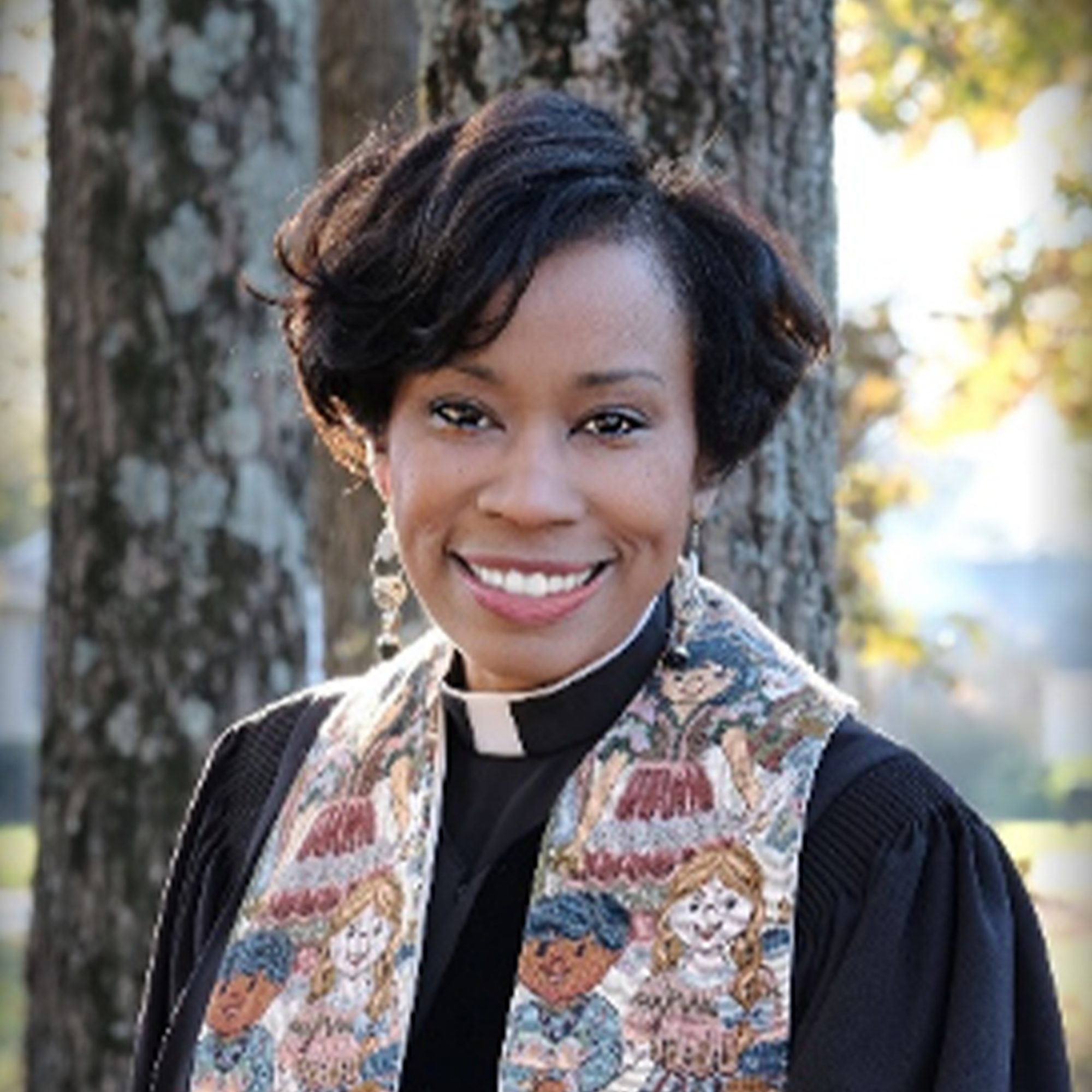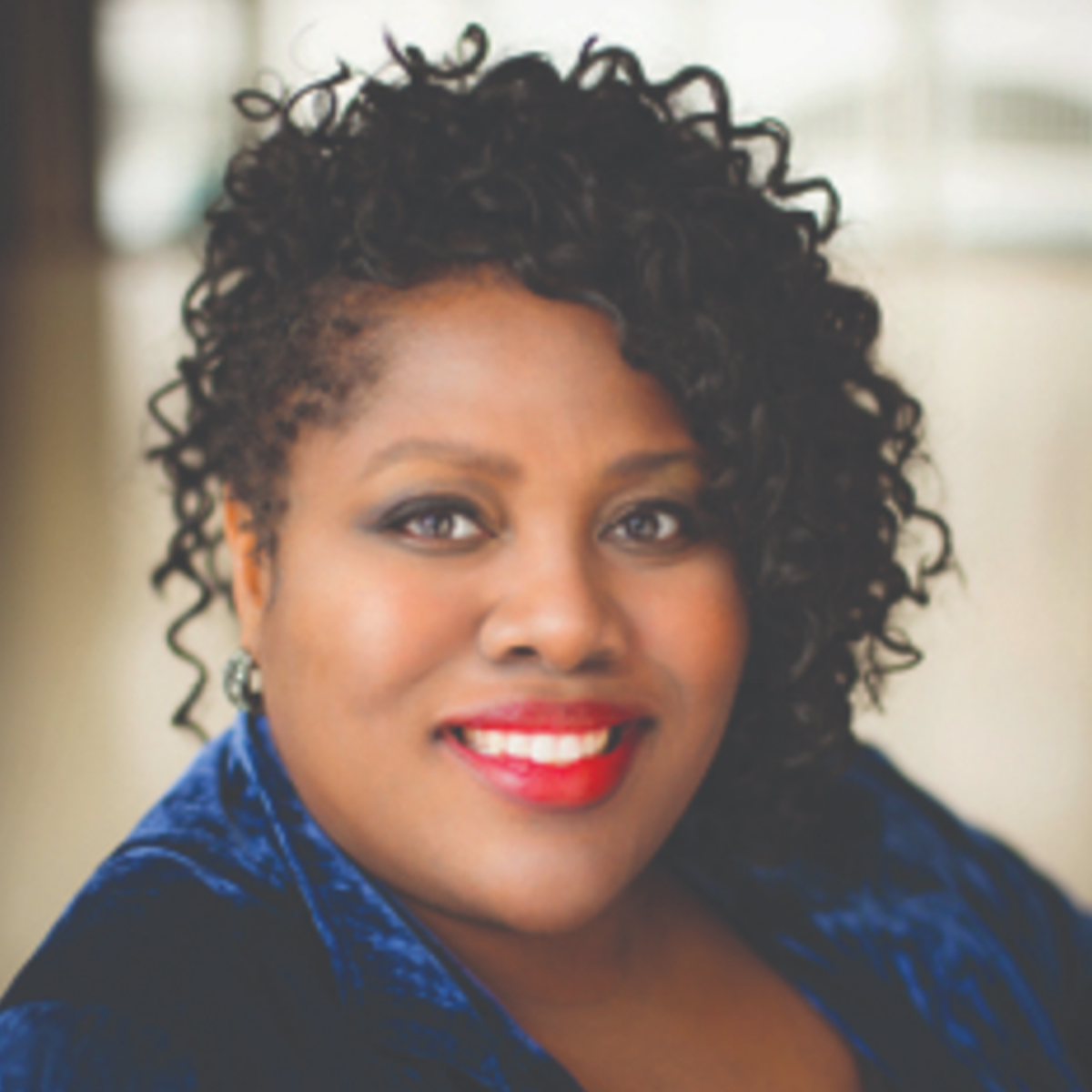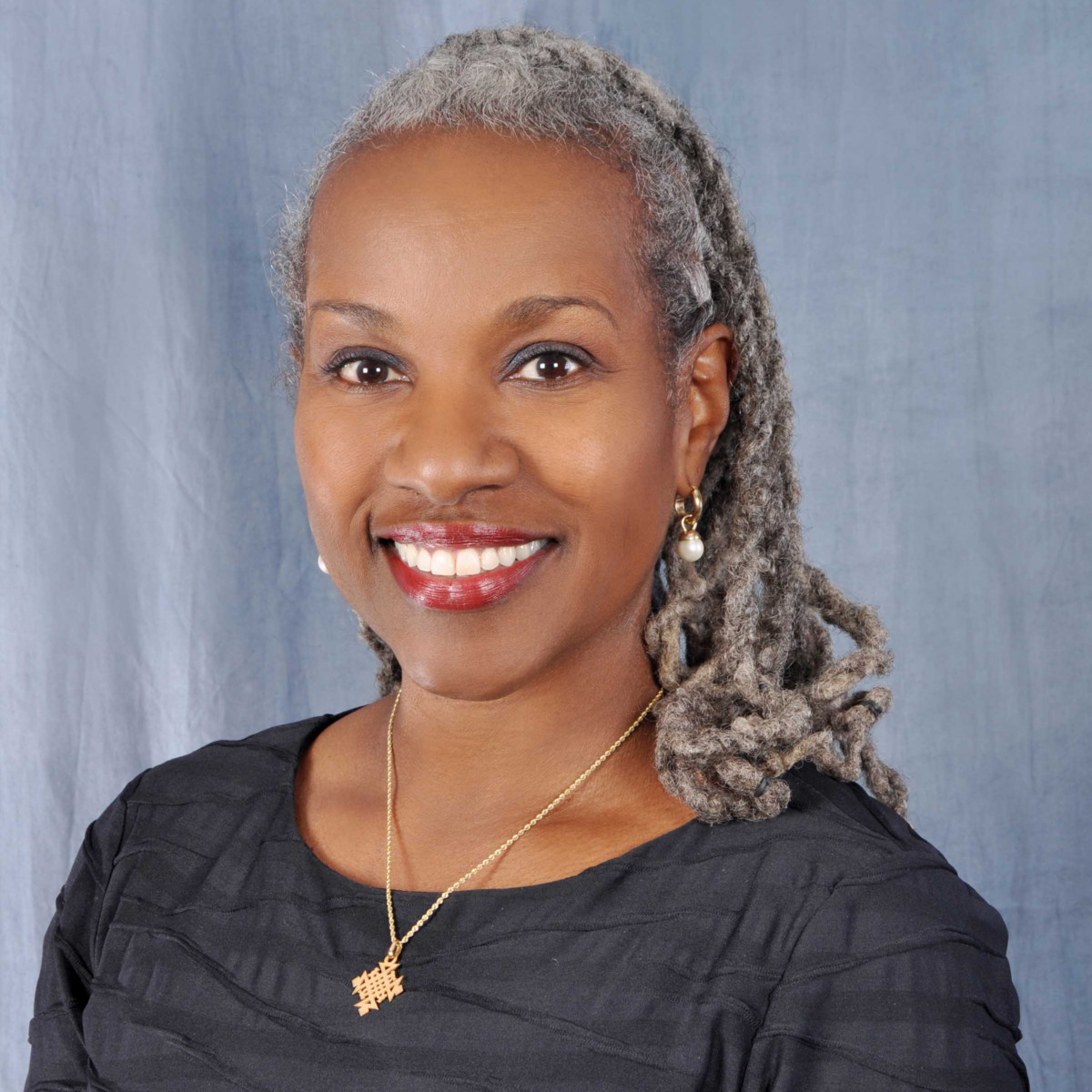Psalm 124
If the Lord had not been on our side—
let Israel say—
2 if the Lord had not been on our side
when people attacked us,
3 they would have swallowed us alive
when their anger flared against us;
4 the flood would have engulfed us,
the torrent would have swept over us,
5 the raging waters
would have swept us away.
6 Praise be to the Lord,
who has not let us be torn by their teeth.
7 We have escaped like a bird
from the fowler’s snare;
the snare has been broken,
and we have escaped.
8 Our help is in the name of the Lord,
the Maker of heaven and earth.
We stand between Faith and Hope in our journey through the Lenten season. To be sure, our Psalm for today lands firmly between the two. Clearly, King David penned this Psalm nearing the end or after a tumultuous time in his life. David faced doubt by those he led. He felt anger towards and from them. The floods he experienced were his war scars. He was always under attack. But if it had not been for the Lord on his side, he would have perished, been swept away, ravished.
This is where Black women in America live. From the very beginning of our time here in America, those engulfed by greed sought the strongest, smartest, wisest, and healthiest of the African women to buy and then entered the women into a harrowing and demeaning stripping of everything for which they were purchased in the first place, thus creating the “mammy syndrome”. The slave owners subscribed to Aldous Huxley’s “One believes things because one has been conditioned to believe them.” But all along the Black women subscribed to Idowu Koyenikan’s “The mind is just like a muscle – the more you exercise it, the stronger it gets and the more it can expand.” Our faith and our hope were and are foundational in this very belief.
Every industry has fallen prey to what is called “the mammy syndrome.” Stephanie Mitchem describes this phenomenon as ‘the unspoken expectation that Black women can take any position, work, or discomfort and ought to be grateful for a job.”[1] This rang true then by the harsh treatment of working in the fields all day, raising their children (often born of the slave owner by rape), and caring for their families which were often broken apart by a simple sales transaction. Yet, these women performed all the required duties and somehow, by the grace of God, survived. If it had not been for the Lord on their side, where would they have been?
Today, after years of white male activities designed to keep the status quo, and them in power, a Black woman is called in under the guise of progressive change. Her entire staff has been formed and informed by yesterday and those are the true and underlying expectations for today and the future. In order to change that culture to face a brighter, exciting, and promised future, she must decompose the mammy syndrome to journey through to hope.
Black women will not be swallowed up, ignored, broken, or swept away because each mountain scaled has only served to make her stronger. Her faith is the strongest thing about her and many simply cannot understand why she never falls. She never falls because she stands on the precipice of delight and freedom simply by her connection with the Holy. A Black woman who lives between faith and hope is unshakable, not because she alone is perfect, but she serves a perfect God. She knows that if it had not been for the Lord on her side that she never would have made it. She builds on her personal experiences and calls upon the sweet and enduring memory of her strong mother, grand-mother, aunts, and neighbors. All of them have the expectation that she will call upon the name of the Lord from where her strength will and does come. She knows that in God there is no failure and those who seek to defy her strength and courage will be the very ones who will be gnashed by the teeth of faith and hope and be utterly broken. Those who see and realize the connection will move from faith to hope in a lifted ethereal-ism with the Holy. They will not cling to her but embrace her faith in God from which to glean, grow, and excel.
Black women know the pain of oppression, unrealistic expectations, othering, and emotional poverty. What Black women rarely have is a depletion of the spirit. The Lord we serve is a reservoir for enlightened perseverance. I remember growing up in the Baptist church as a child, listening to the choir sing, “This joy I have, the world didn’t give it, the world can’t take it away.” This joy, inner peace, faith, and hope which reinforces the very fiber of the soul of and for Black women is not of this world. Like King David, our soul support/help is in the name of the Lord, the Maker of heaven and earth.
As you reflect upon this text and this season of Advent, challenge yourself with the following questions, prayerfully, and thoughtfully:
1 – In the perilous and stressful time of COVID and racial unrest, from where is your help coming?
2 – Who have you perceived to be your albatross? How have you embraced the God in that person?
3 – Who have you not seen as one created in the image of God, but a foe?
4 – Where do you currently stand between faith and hope?
5 – How is this stance living out in your life today?
6 – How have you grown through adversities in your life?
7 – How will you grow with any current adversities? Who will you be on the other side?
8 – How are you truly caring for your soul system? Have you taken on too much?
9 – Are you compromising to the point that you can’t hear God’s word?
10 – As we journey towards a new birth, what are you carrying? What will you birth?
Amen.
[1] Sharlene Nagy Hesse-Biber, Denise Leckenby, Sharlene Janice Hesse-Biber, Women In Catholic Higher Education, Lexington Books, 2003.

Rev. Amantha L Barbee is the pastor at the multi-ethnic congregation of Oakhurst Presbyterian Church (USA), Decatur, GA. She was the pastor at Statesville Avenue Presbyterian Church in Charlotte, NC prior to her coming to the Atlanta area. She holds a BA from University of North Carolina-Charlotte. She is currently a doctoral student at Columbia Theological Seminary. Her love of music led her to 20 years of service as a church musician prior to seminary studies at Union Presbyterian Seminary where she earned the E.T. George Award for excellence in Homiletics and Worship. She has a Master of Divinity from Union Presbyterian Seminary – Richmond, VA.
Barbee loves the traditions of the church but has a passion for blended and multicultural worship. She served as a program director in an area women’s homeless center prior to her pastorate of SAPC. Rev. Barbee serves the General Assembly for the Presbyterian Church (USA) as the Chairperson of the Committee for Ecumenical and Interreligious Relations. Barbee is on the Board of Directors for the University of GA Presbyterian Center. She is the recipient of the 2018 PCUSA Woman of Faith Award PCUSA. She is on the Board of Trustees for Montreat Conference Center and serves on the Strategy Team for NEXTChurch.
Rev. Barbee is the past chairperson for the Charlotte Clergy Coalition for Justice. Rev. Barbee is an advocate for those with no or limited voice and does not shy away from any challenge. Her passion for justice has led her to deep and committed work of leadership in bringing the church outside the building. She has extensive experience in working with clergy from multiple faiths in multiple areas of social justice. Her social justice focus revolves around areas of racial injustice, environmental injustice, physical and mental disabilities and has written a resource for the church to address these challenges. Barbee has extensive training in Anti-racism and anti-bias models for people of faith and the intersectionality of all issues of justice. She has led protests, both peaceful and challenging and her work has been recognized nationally.



Unbound Social